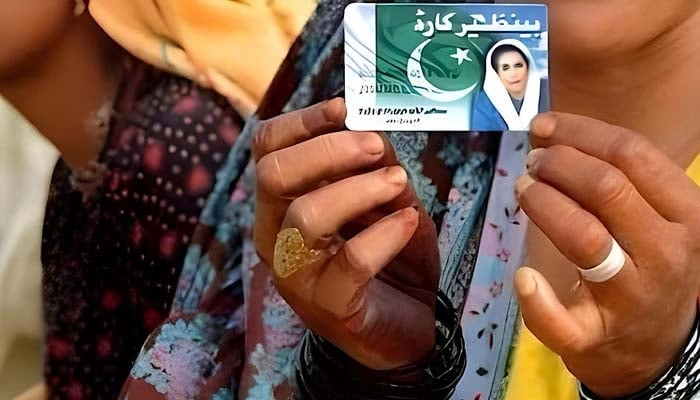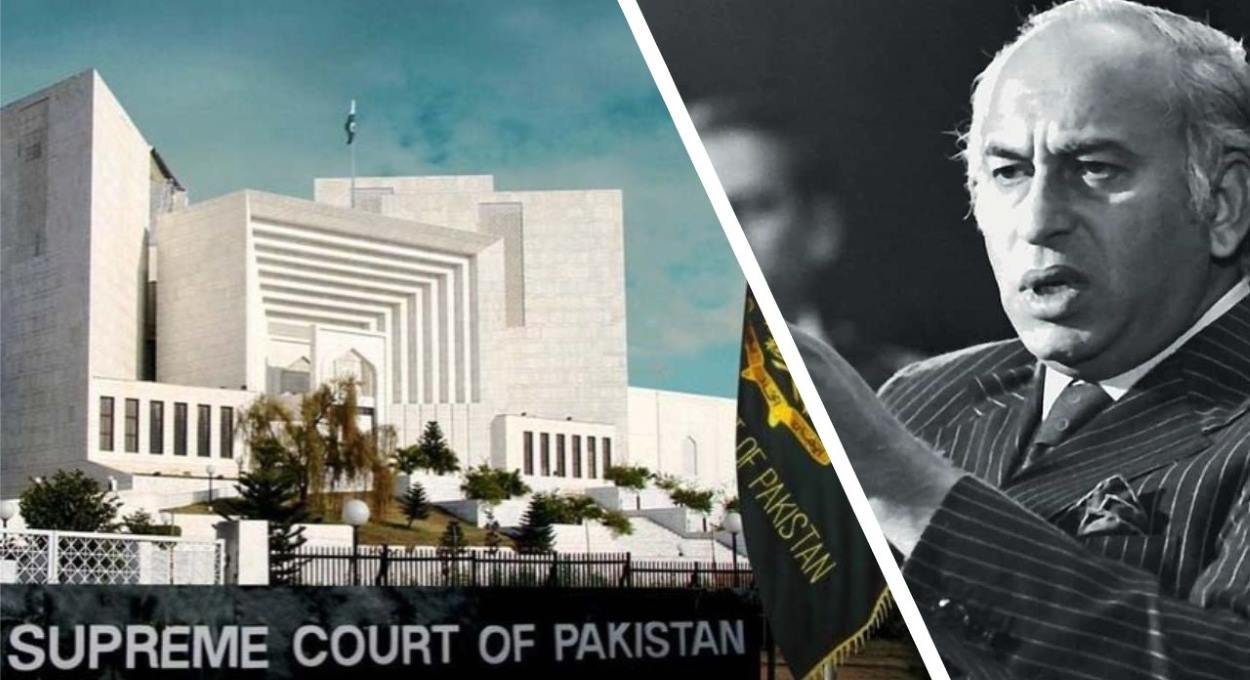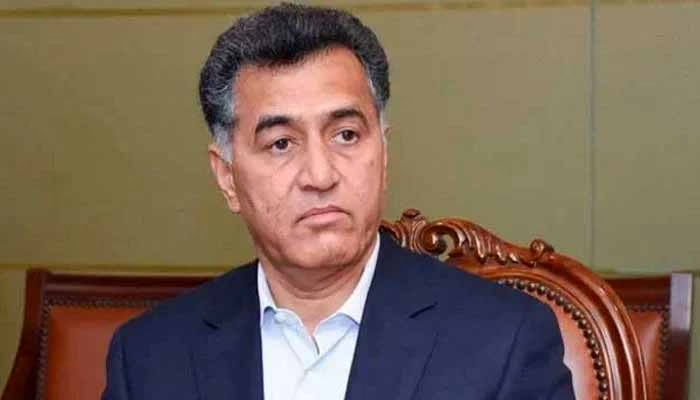In a recent meeting of the Public Accounts Committee (PAC) of Parliament, alarming revelations were made about the misuse of funds under the Benazir Income Support Program (BISP). The audit officials disclosed that illegal payments worth Rs 89.8 million were made to wives of government employees and pensioners, which contradicts the eligibility criteria of the BISP.
PAC Meeting Exposes Fraudulent Disbursements
The PAC meeting, chaired by Junaid Akbar, unveiled that funds meant for the poorest segments of society were instead being received by families of government officials. According to audit reports, 2,352 government employees and 704 pensioners had their wives listed as beneficiaries of the BISP, raising serious concerns about the integrity of the system.
The audit also uncovered that over 30,000 pensioners were receiving financial aid under BISP despite being ineligible as per the program’s rules.
High-Grade Officers Among Beneficiaries
In a more disturbing discovery, the audit revealed that the families of employees from Grade 1 to Grade 20 were receiving BISP payments. This includes:
- 263 employees from Grade 15
- 42 from Grade 16
- 21 from Grade 17
- 15 from Grade 18
- 11 from Grade 19
- 3 from Grade 20
These figures have sparked outrage as high-ranking officers are generally expected to be well above the poverty threshold required for BISP assistance.
Secretary BISP Offers to Disclose Names
Responding to the findings, the Secretary of the Benazir Income Support Program told the PAC that if the committee desired, the names of these ineligible recipients could be made public. However, the Secretary admitted that BISP lacks a proper recovery mechanism, meaning that retrieving these wrongly allocated funds could be challenging.
“The punishment for these individuals should be the public disclosure of their names,” the Secretary stated, suggesting that social accountability could serve as a deterrent.
Committee Calls for Strict Action and Recovery Plans
PAC members expressed dismay over the revelations. Shazia Marri, a member of the committee, clarified that the eligibility for BISP is based on income—not employment status—and mentioned that several filters have already been put in place to prevent such abuses in the future.
In a sarcastic comment, Sanaullah Mastikhel said, “Employees of Grade 19 and 20 who received BISP funds should be awarded gold medals,” highlighting the absurdity of their participation in a program meant for the underprivileged.
The committee’s chairman issued a clear directive to identify all Grade 19 and 20 employees who wrongfully received payments. He further instructed the authorities to determine the appropriate procedures for recovering the funds and to recommend punitive measures against the individuals involved.
Wider Implications for BISP and Government Accountability
This scandal sheds light on systemic flaws within Pakistan’s largest social safety net program. Designed to uplift the most economically vulnerable citizens, BISP is now under scrutiny for failing to prevent fraudulent claims and for lacking strong internal accountability systems.
Public trust in such programs hinges on transparency and enforcement. Without robust filters and recovery mechanisms, misuse of funds can continue unchecked, depriving deserving families of critical financial support.
Government to Open Bank Accounts for BISP Beneficiaries
In a related move, the government recently announced its decision to open bank accounts for all BISP beneficiaries, aiming to enhance transparency and reduce leakages in fund disbursement. This step could help create an auditable trail of transactions and reduce dependence on intermediaries who often exploit the system.
The Road Ahead
While the exposure of these illegal payments has sparked calls for action, the true test lies in how effectively the government responds. Identifying the culprits is only the beginning. Ensuring the recovery of public funds, punishing the wrongdoers, and strengthening eligibility verification systems must follow.
Only through comprehensive reform and strict enforcement can the Benazir Income Support Program truly serve its intended purpose—supporting those who need it the most.



